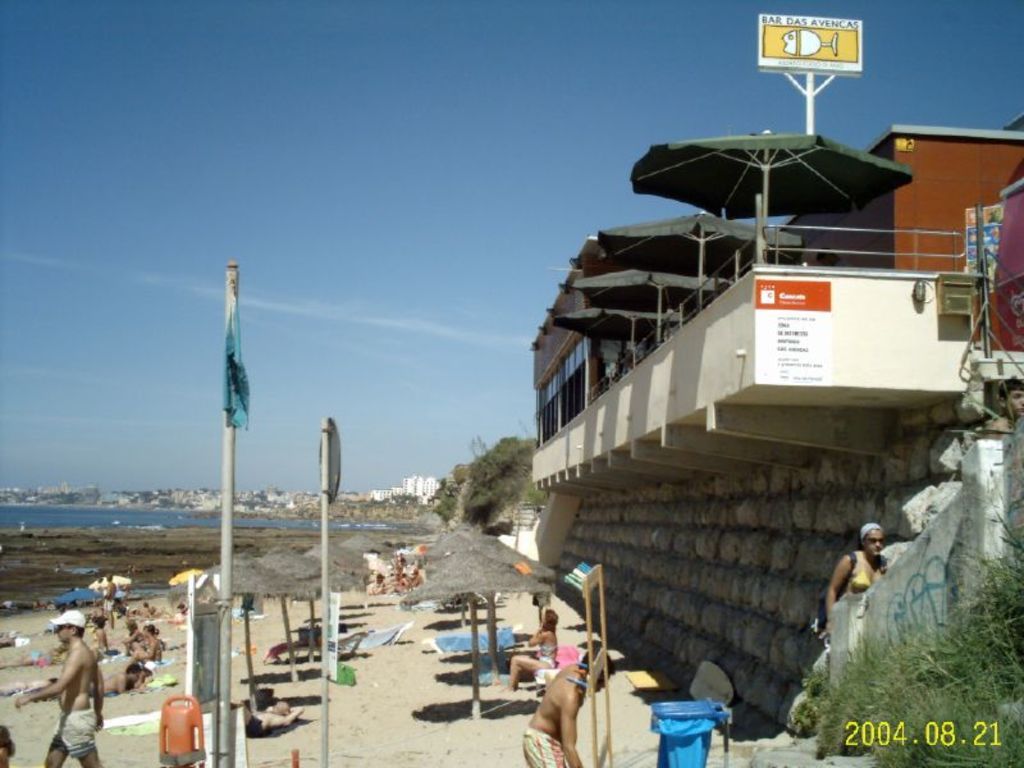Accelerating Green Energy Efforts in Azerbaijan
Getting the Green Ball Rolling: Azerbaijan's Biggest Renewable Energy Push Yet
Azerbaijan is going green! The country has kicked off its largest clean energy investment project to date: building two solar plants and a wind power plant. This major move is a crucial step towards Baku's goal of generating 30% of its power needs through renewable energy sources by 2030.
The three greentech powerhouses - the 445 Megawatt (MW) Bilasuvar solar facility, the 315 MW Neftchala solar plant, and the 240 MW Absheron-Garadagh wind farm - are being developed by a dynamic consortium of Masdar, a leading UAE renewable energy company, and Azerbaijan's state oil company, Socar.
During the groundbreaking ceremony for these green monsters, held during Baku's "Energy Week" conference, Azerbaijan's energy minister, Parviz Shahbazov, declared these projects symbolize the country's "solidarity and commitment to energy transition" ahead of hosting the UN COP 29 Climate Change Conference in November this year. Sultan Al Jaber, the UAE's minister of industry and advanced technology, echoed his enthusiasm, stating the Emirates were thrilled to "support Azerbaijan's journey toward energy diversification."
Following the groundbreaking ceremony, three agreements between the Azerbaijani government and Masdar were signed, covering aspects such as land leasing for construction, power transmission, and buying electricity. Details about these agreements remain under wraps for now but, according to Masdar representatives, the UAE company owns 75% of the three projects, with Socar claiming the remaining 25%. The Bilasuvar solar facility is projected to go live by the end of 2026, with the other two facilities following suit by the end of the subsequent year.
Azerbaijan's commitment to producing clean power isn't just Earth-friendly; it's also about the bottom line. With Azerbaijan depending on exports of oil and gas for up to 95% of its export revenue, the renewable energy strategy will not only "green" the Azerbaijani power sector but also make gas currently used for domestic power available for export. This means more greenbacks for state coffers. In fact, these three plants alone are anticipated to slash the country's annual gas demand by 500 million cubic meters, a volume now earmarked for export. Azerbaijan needs every extra unit of gas it can squeeze out to honor its commitments to the EU to double its gas supply by 2027.
The green revolution in Azerbaijan has been a tad sluggish compared to the country's bold plans but things seem to be picking up speed. The three plants under construction are set to generate 1 Gigawatt of green electricity. And during the Energy Week, Shahbazov met with ACWA representatives to discuss two potential projects: the construction of onshore facilities boasting a total capacity of 1 GW and a 1.5 GW offshore wind farm and battery storage facility. ACWA's existing project, the 240 MW Khizi-Absheron wind farm, is due to start producing electricity in 2025.
In addition to meeting ACWA, Shahbazov also sat down with TotalEnergies officials to discuss the Absheron gas field they operate and collaborate on developing projects in the Nakhchivan exclave that can generate 500 MW of power.
Separately, during Baku Energy Week, five new natural gas agreements were signed with Turkey. One agreement extended an existing supply arrangement for five years between Azerbaijan's state gas export company AGSC and Turkey's state gas importer Botas. The agreement had been due to expire at the end of this year.the remaining four agreements covered the transit of gas from Azerbaijan and Turkmenistan to Turkey and Europe, as well as supplying Azerbaijan's exclave of Nakhchivan with gas. Details regarding these agreements have been kept tight-lipped.
Officials have confirmed only that the agreement concerning Nakhchivan centers on a gas pipeline to connect Turkey and Nakhchivan, set for completion this year. This new pipeline will grant Baku the ability to supply its enclave with its own gas via Turkey. The other agreements appear to signify Turkey's ambition to lessen its dependence on Russian gas by enhancing import options with Turkmen energy, as well as Turkey's efforts to serve as a transit hub for Turkmen and Azerbaijani energy destined for Europe. A greener, more diversified future is on the horizon for Azerbaijan and its partners!
- Azerbaijan's commitment to renewable energy isn't just environmental; it's also about financial gain, as the renewable energy strategy will not only "green" the Azerbaijani power sector but also make gas currently used for domestic power available for export, bringing in more revenue for state coffers.
- The three solar and wind power plants being developed by Masdar and Socar, worth a combined 1 Gigawatt, are part of Azerbaijan's plan to generate 30% of its power needs through renewable energy sources by 2030.
- The UAE's minister of industry and advanced technology, Sultan Al Jaber, expressed his country's excitement to "support Azerbaijan's journey toward energy diversification" in renewable energy.
- During Baku's Energy Week conference, the Azerbaijani government and Masdar signed three agreements, covering aspects such as land leasing for construction, power transmission, and buying electricity, for the three new power plants.
- Azerbaijan's energy minister, Parviz Shahbazov, met with ACWA representatives to discuss potential projects, including the construction of onshore facilities boasting a total capacity of 1 GW and a 1.5 GW offshore wind farm and battery storage facility.






